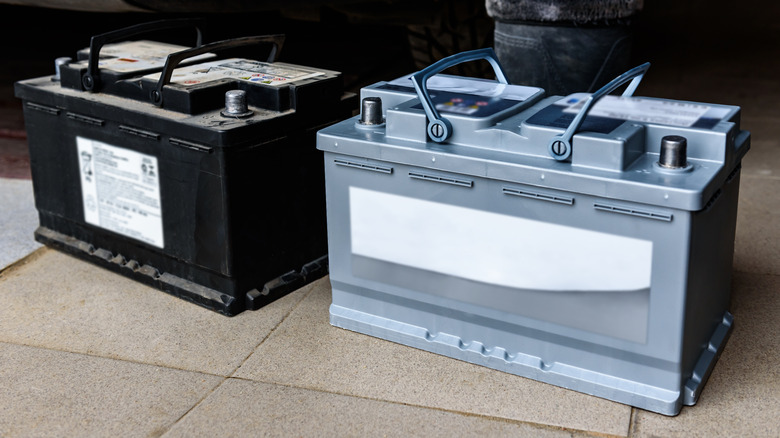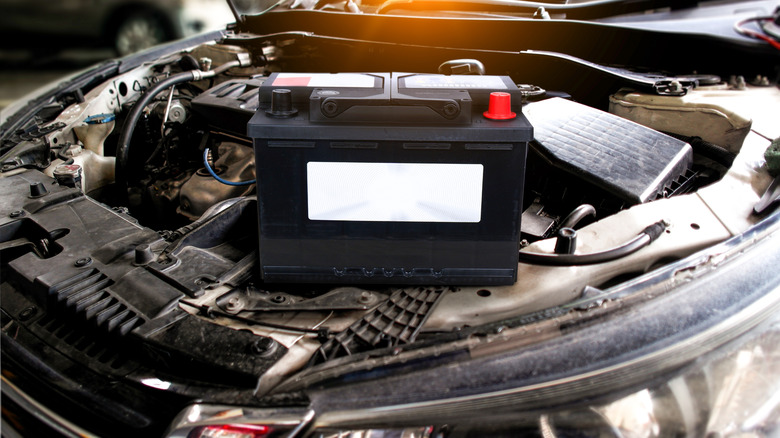How Are 12V Car Batteries Recycled?
Starting your car means relying on a 12-volt battery that will eventually need to be replaced. Rather than ending up in a landfill, it's important to find the best way to dispose of the battery, or better yet, recycle it in an easy and eco-friendly process. In fact, with a recycling rate of 99%, 12V batteries are among the most recycled products in the world.
A recycling center crushes 12V lead batteries into small pieces so the components can be separated. The broken fragments then go through a screen that filters out the acid, and the remaining metal and plastic are placed in a water tank, where the metal sinks while the plastic floats. The plastic is skimmed off, cleaned, and melted into pellets for reuse, while the metal is melted in a furnace, refined, and poured into molds to form new lead bars. The acid is either neutralized and treated to become safe water or converted into sodium sulfate, which is used in manufacturing.
Once processed, the plastic pellets and lead bars can be used to make new batteries, thus closing the recycling loop. A single recycled lead bar can provide enough material for up to three new batteries, making this process both environmentally responsible and highly efficient.
12V car battery recycling has evolved into a successful process
The process of recycling 12V lead car batteries dates back to the 1920's. But it wasn't the eco-friendly operation it is today, as lead poisoning was linked to recycling centers in 1930's Maryland. However, new laws caused many centers to improve their pollution controls, as others ceased operations.
Modern recycling efforts results in 12V car batteries made of 80% recycled materials, with the recycled lead being reused over and over again and performing just as effectively every time. This results in a successful end to end process with manufacturing, collection and recycling working in harmony around the United States.
Lithium-ion car batteries on the other hand, while outperforming lead acid batteries, are not as easily recycled. This is because the recycling process is not only harder, it's also more expensive. But considering there are affordable electric cars available and recycled lithium batteries have a smaller carbon footprint than new ones, it's likely that the efforts to recycle those batteries will increase over time.

